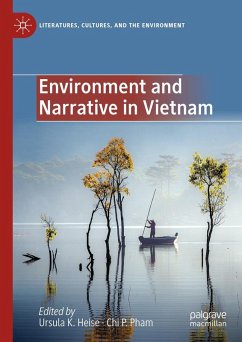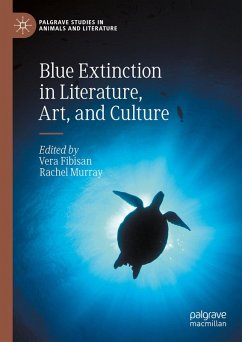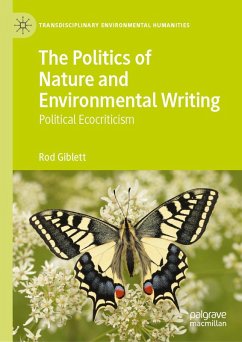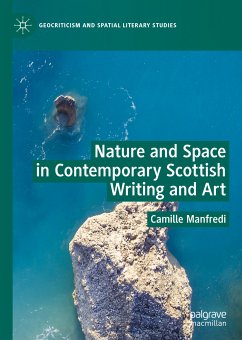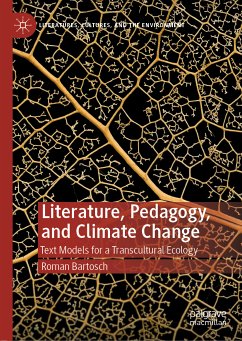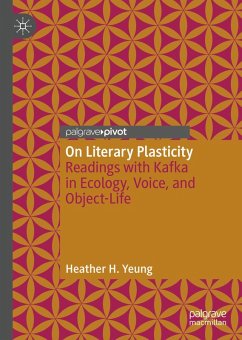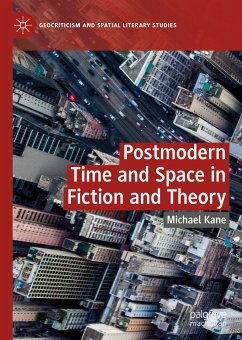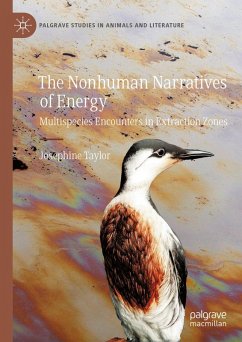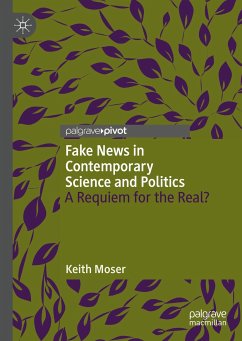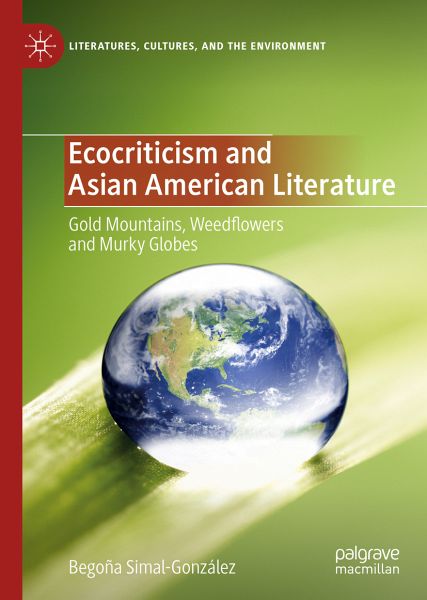
Ecocriticism and Asian American Literature (eBook, PDF)
Gold Mountains, Weedflowers and Murky Globes
Versandkostenfrei!
Sofort per Download lieferbar
68,95 €
inkl. MwSt.
Weitere Ausgaben:

PAYBACK Punkte
34 °P sammeln!
Ecocriticism and Asian American Literature: Gold Mountains, Weedflowers, and Murky Globes offers an ecocritical reinterpretation of Asian American literature. The book considers more than a century of Asian American writing, from Eaton's Mrs. Spring Fragrance (1912) to Ozeki's A Tale for the Time Being (2013), through an ecocritical lens. The volume explores the most relevant landmarks in Asian American literature: the first-contact narratives written by Bulosan, Kingston, Mukherjee, and Jen; the controversial texts published by Sui Sin Far (Edith Eaton) at the time of the Yellow Peril; the ri...
Ecocriticism and Asian American Literature: Gold Mountains, Weedflowers, and Murky Globes offers an ecocritical reinterpretation of Asian American literature. The book considers more than a century of Asian American writing, from Eaton's Mrs. Spring Fragrance (1912) to Ozeki's A Tale for the Time Being (2013), through an ecocritical lens. The volume explores the most relevant landmarks in Asian American literature: the first-contact narratives written by Bulosan, Kingston, Mukherjee, and Jen; the controversial texts published by Sui Sin Far (Edith Eaton) at the time of the Yellow Peril; the rise of cultural nationalism in the 1970s and 1980s, illustrated by Wong's Homebase and Kingston's China Men; old and recent examples of "internment literature" dealing with the incarceration of Japanese Americans during WWII (Sone, Houston, Miyake, Kadohata); and the new trends in Asian American literature since the 1990s, exemplified by Yamashita's andOzeki's novels, which explore the challenges of our transnational, transnatural era. Begoña Simal-González's ecocritical readings of these texts provide crucial interdisciplinary insights, addressing and analyzing important narratives within Asian American culture and literature.
Dieser Download kann aus rechtlichen Gründen nur mit Rechnungsadresse in A, B, BG, CY, CZ, D, DK, EW, E, FIN, F, GR, HR, H, IRL, I, LT, L, LR, M, NL, PL, P, R, S, SLO, SK ausgeliefert werden.



